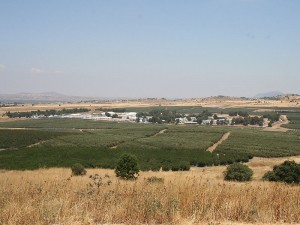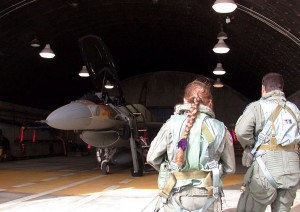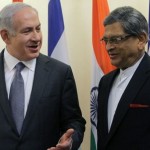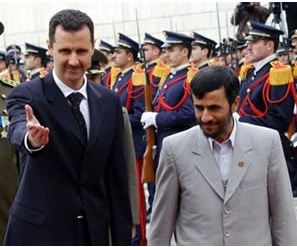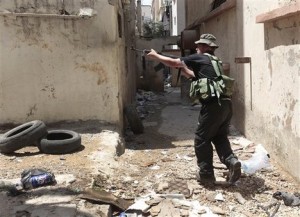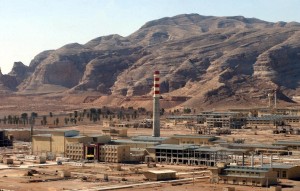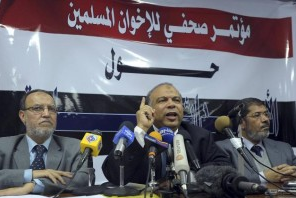On November 5, the morning calm in Bahrain’s capital was shattered when an unsuspecting foreign street sweeper was killed after erroneously kicking an crude homemade explosive device planted near a trash can. That morning, four other pipe bombs detonated almost simultaneously in Manama, killing another foreign worker and wounding several more. The Bahraini government alleged that this amateurish attack bore the prints of Hezbollah, the world’s most capable militant group. In all likelihood, the attack was the product of an increasingly radicalized younger generation of Shiite activists, whose long-ignored anger threatens to boomerang back in the form of an intensifying wave of violent attacks. Indeed, these pipe bombs may have been unsophisticated, but their impact will ultimately be felt across the island, from King Hamad’s palace to the top floors of Manama’s glimmering financial towers.
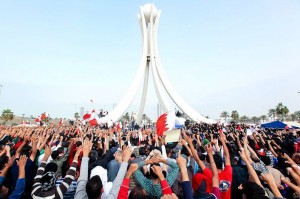
In recent months, Bahrain’s activists have taken to burning tires in an effort to block major roads, particularly near Bahrain’s International Airport. On the Island of Sitra, which hosts Bahrain’s largest industrial centers, the local police station has become a fortress, falling under nightly attacks by Molotov-cocktail wielding youth. Just two weeks prior to the Manama bombings, a police officer was killed by another crude explosive device after an anti-government demonstration in the village of al-Eker. The opposition is clearly attempting to hit the government where it hurts by staining Bahrain’s hard-earned image as a safe, foreign-friendly hub for international commerce.
For its part, the government doesn’t seem deterred. The al-Eker bombing led security forces to impose an unprecedented security blockade on the village. On October 29, the government banned all demonstrations, while revoking the citizenship of 31 opposition activists weeks later. These moves have only resulted in further boiling the blood of Bahrain’s February 14 youth activist network, resulting in rioting, tire burning, and an increasingly worrying trend of bombing attacks.
Continue reading Intelligence Analysis: External influences in Bahrain’s opposition movement
